Bill Leak used to say that Picasso changed his life. He was, he said, ‘a troubled youth’ of 16 years until he stumbled on a Picasso touring exhibition at the State Gallery of New South Wales. It made him realise that ‘life is worth living.’ He enrolled in the Julian Ashton Art School and began his career as a painter. ‘Put your temperament in the bin over there,’ the then director Dick Ashton told him. ‘You are here to work!’ His vocation as a painter deepened when on a visit to Paris he was bowled over by a great Cezanne exhibition. There is more depth and complexity in Cezanne’s portraits of his wife, Bill said, than in any of his paintings of an orange.
This was the beginning of what a few years later became his famous collection of national portraits — of Malcolm Turnbull, Tony Abbott, John Howard, Chow Hayes, Tilly Devine, Don Bradman, Bob Hughes, Gough Whitlam, Graham Richardson, Julia Gillard and many more. When he held an exhibition of his portraits in the Manly gallery a year or two ago it attracted 10,000 admirers in a matter of days.
By this time he had become famous or infamous as a cartoonist and caricaturist. Earlier on, even as a schoolboy, his cartoons often helped protect him from both play-ground bullies (‘too arty’) or over-sensitive school disciplinarians (his sketch of nude science teachers making love to the arts mistress was a great hit at Beacon Hill High.) But it was the Picasso and Cezanne revelations that shaped his career.
Almost all the tributes to Bill Leak refer to his extraordinary character. Of the hundreds who filled the Lower Town Hall in the big public tribute to him in Sydney, the speaker who gave the most moving eulogy was Bill’s elder son Johannes. ‘I never dreamt,’ he began, ‘that I would find myself, addressing such a huge gathering of his beloved family, friends and admirers. The loss of such a vibrant, enthusiastic, generous, caring and urgently optimistic man is a loss we will all share together. He really is irreplaceable. Bill Leak was so many things. A brilliant cartoonist and political commentator, a superb artist, a magnetic raconteur, gifted musician, surfer and a shit-stirrer of the highest order. He was also our Dad. And what a wonderful Dad he was.’
What did Johannes mean when he referred to his father’s urgent optimism? Most eulogies in the Town Hall referred to more than Bill’s skills as a cartoonist. They also honoured his intellect and character. Peter Dutton spoke of him as ‘an honourable man’. Tony Abbott admired his ‘fine mind’ and ‘ brave soul’. Malcolm Turnbull: ‘I can’t believe he is dead. There was so much more life and energy in him. He had so many more cartoons to draw, paintings to paint, politicians to satirise. So many more lives to enhance with his wit and friendship.’ This may be part of what Johannes meant. Barry Humphries said he did not like speaking at memorial services. (‘The only one I would really enjoy is one for the Human Rights Commission.’) But he spoke (without notes) of his love for Bill.
He taught us to laugh and think at the same time. Some make us laugh. Some make us think. Few do both. He compared Bill with other victims of Australian philistinism—such as Dobell or Goossens. Bill was above all a humanist. He despised didactic art and artists’ grand statements. ‘Clever art,’ he said, ‘is like farting Annie Laurie through a key hole. It takes a lot of practice. But is it worth it?’
Also at Bill Leak’s memorial service was Paul Delprat, artist and Principal of the Julian Ashton Art School where both Bill and Johannes Leak were students. These are some of his sketches, done on the day, of those who attended the service; in body, and of course — in the case of Bill himself — in spirit.
Got something to add? Join the discussion and comment below.
Get 10 issues for just $10
Subscribe to The Spectator Australia today for the next 10 magazine issues, plus full online access, for just $10.
You might disagree with half of it, but you’ll enjoy reading all of it. Try your first month for free, then just $2 a week for the remainder of your first year.

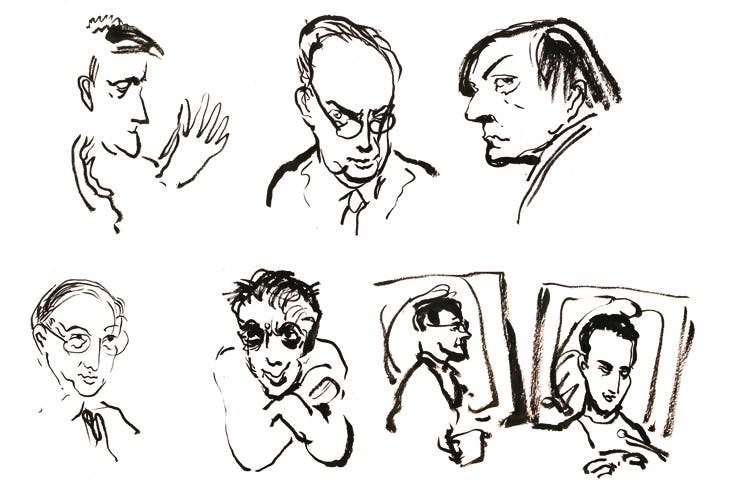
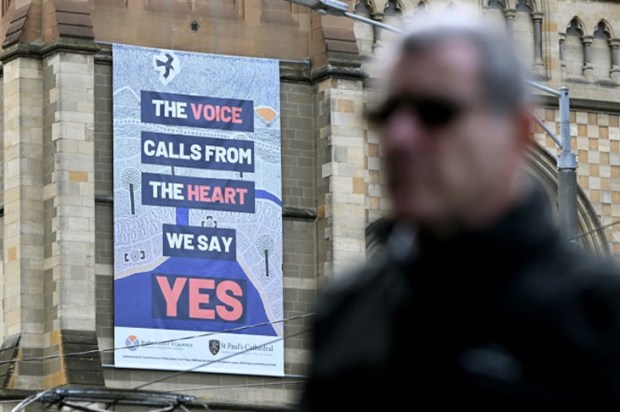
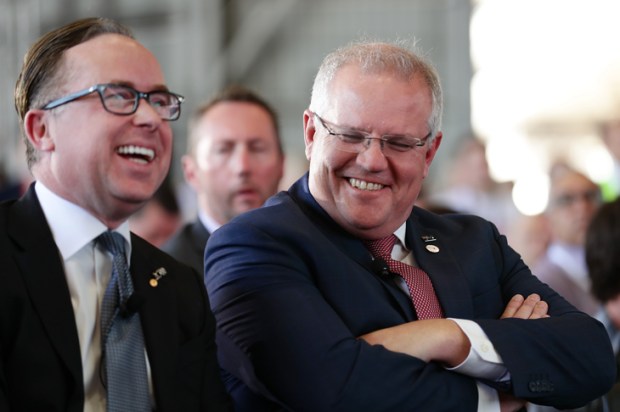
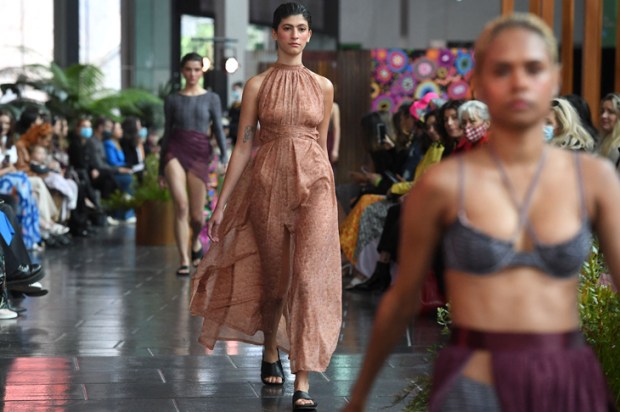
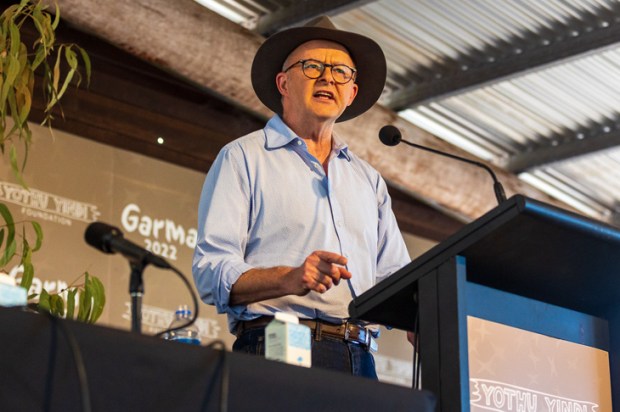

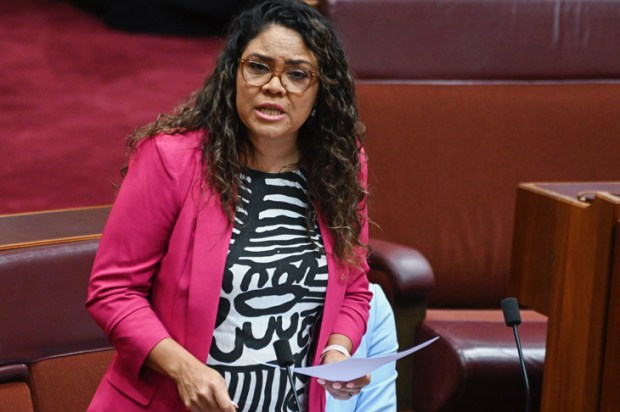






Comments
Don't miss out
Join the conversation with other Spectator Australia readers. Subscribe to leave a comment.
SUBSCRIBEAlready a subscriber? Log in